How pet parents keep their cool
Featured

A Mixed-Breed Won a Westminster Dog Show Championship for the First Time Ever
The pup, Nimble, is the first mutt—or “All American dog”—to win the agility competition.

FYI, Pets Are Incredibly Good For Your Mental Health
This Mental Health Awareness Month, experts share the science-backed ways our pets offer us emotional support.

These Common Household Noises Are Super Stressful for Dogs, Study Finds
Fireworks and thunderstorms aren’t the only things that make them say, “No, thanks!”
News
- health
- health
- lifestyle|To the Rescue
Got a new pet? Here’s what to do.
Let’s be real. Welcoming home a new dog or cat is a very cute but very crazy time. Thankfully, we’re here to help with a nifty new pet parent to-do list.
Get Startedopens in a new tabThe Latest
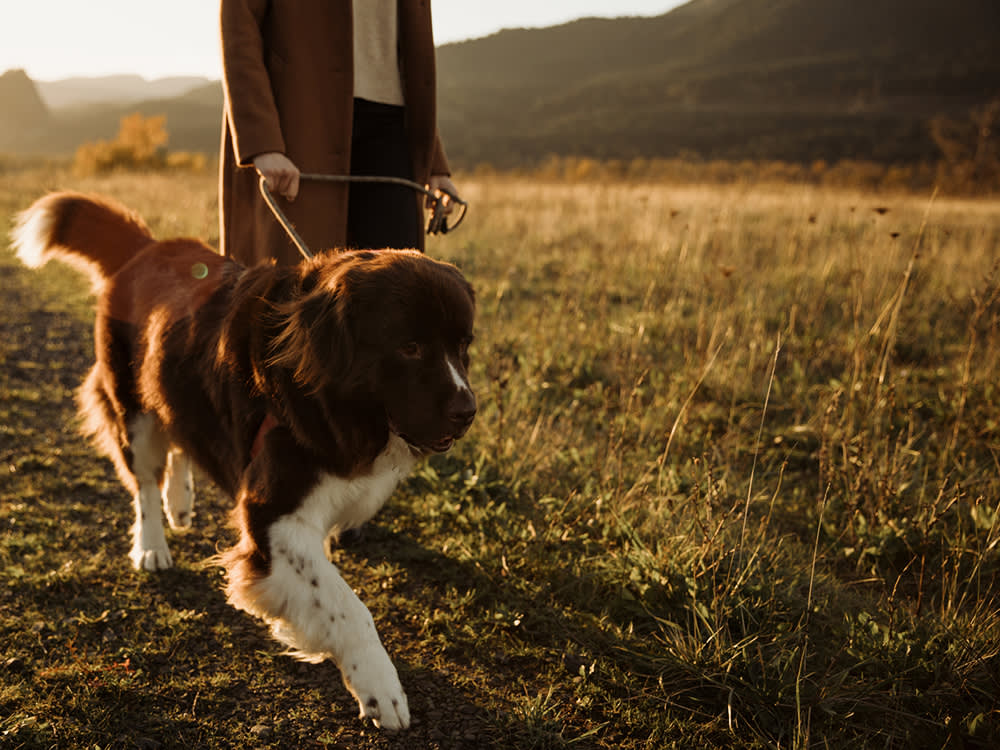
Why Foxtails Are So Dangerous for Your Dog
Late spring is prime time for these blades of grass that pose a serious risk to your pup.

Kittens Are Smarter Than Puppies, Study Says—And Really Good at Math
They aren’t exactly CPAs, but they can probably tell you which piggy bank has more coins in it.
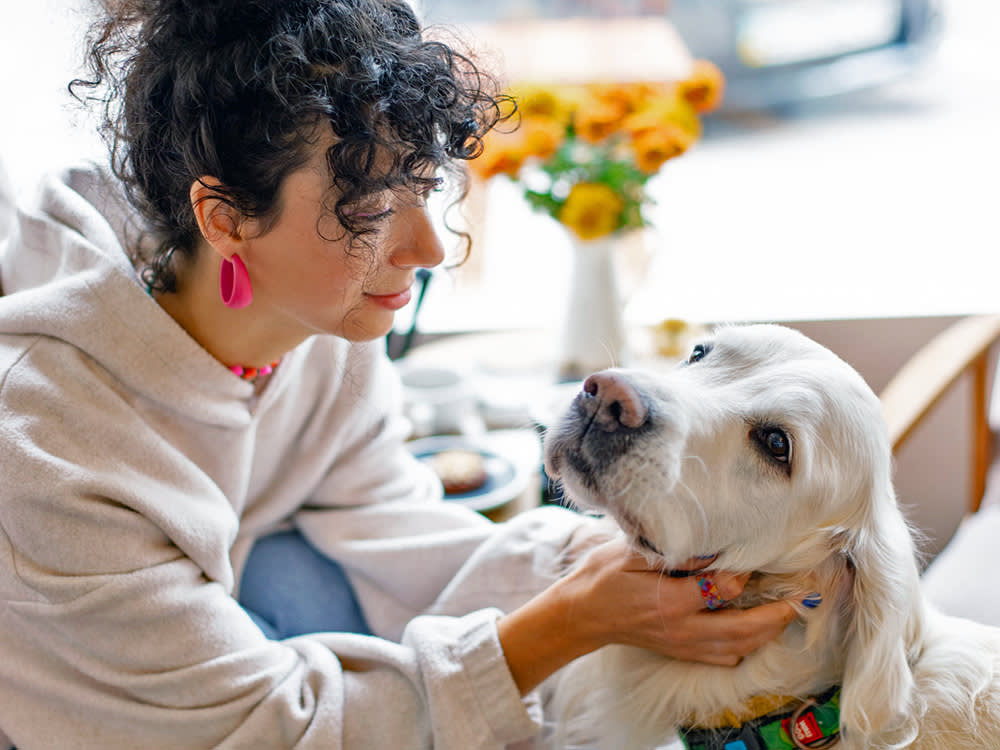
Dog Product Recalled Nationwide Because of “Risk of Serious Infection”
Anyone who has purchased the product should discontinue use and can request a full refund.
Most Popular
- lifestyle|Heavy Petting
- behavior
- lifestyle
- lifestyle
- lifestyle
- lifestyle
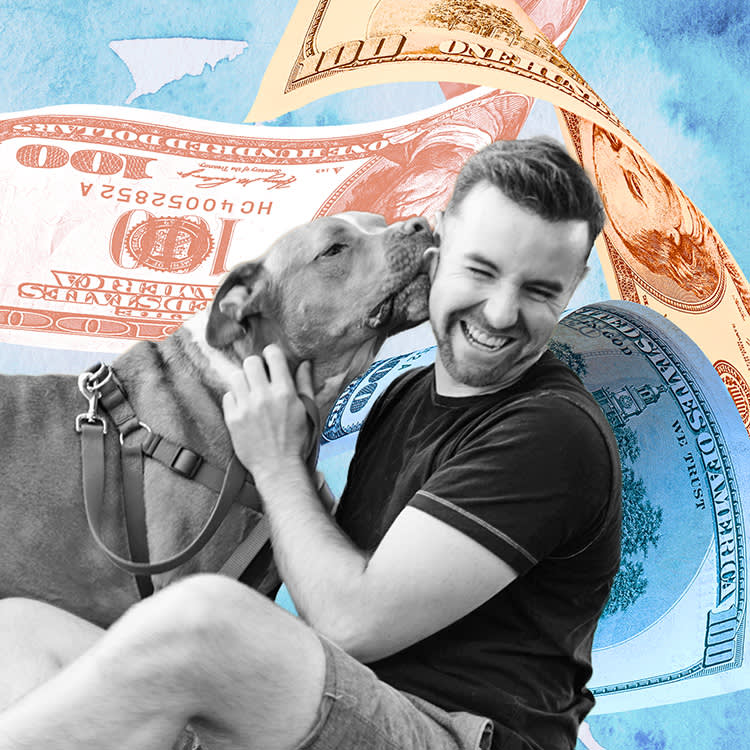
A Month Spoiling a Rescue Pit Bull on a $75,000 Income—Mugs With Her Face on Them Included
opens in a new tabPetty Cash is a new series where we find out just how much real people are spending on their pets.
Read more, then submit your own story!opens in a new tabAsk a Vet
Pet health question that’s not an emergency? Our vet team will answer over email within 48 hours. So, go ahead, ask us about weird poop, bad breath, and everything in between.
Health & Nutrition

A Historic Amount of Cicadas Are Descending on the U.S.—How Will It Affect Dogs?
Everything pet parents should know about keeping their pups safe and stress-free during this rare event.

When Can a Puppy Leave Their Mom?
Of course, you’re their parent, too. But they need their biological mom for as long as possible.
Of course, you’re their parent, too. But they need their biological mom for as long as possible.
Behavior & Training

Kristi Noem Says Her Dog Was “Untrainable”—Here’s Why That’s Not True
As a behaviorist, the South Dakota governor's actions horrify me for several reasons.

Yes, It’s True: Study Says Cats Love People Who Don’t Like Cats
It’s not all in your head.
It’s not all in your head.
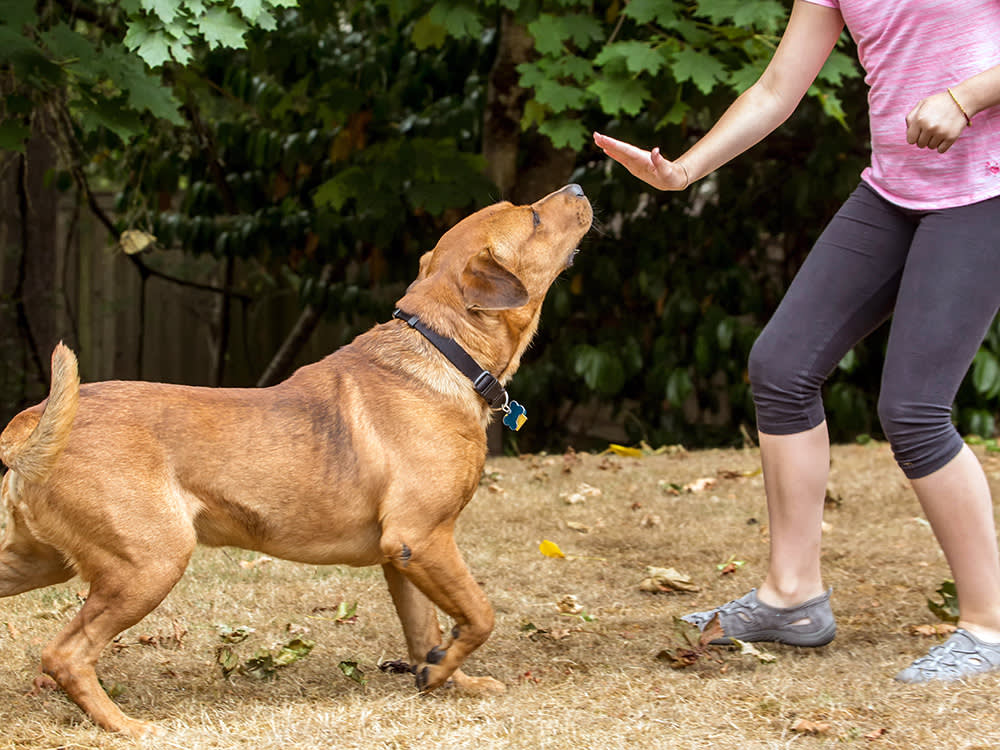
How to Train a Dog to Stay
The first rule of thumb for you: patience.
The first rule of thumb for you: patience.
Get your fix of The Wildest
We promise not to send you garbage that turns your inbox into a litter box. Just our latest tips and support for your pet.
Lifestyle

Dogs Have Favorite Scents, Study Says—And No, It’s Not Just the Smell of Food
So, go ahead and get that lavender-scented candle.

French Bulldogs Are Flooding Shelters—What to Know Before Adopting One
One Florida rescue reports a recent intake of over 150 Frenchies thanks, in large part, due to irresponsible breeders.
One Florida rescue reports a recent intake of over 150 Frenchies thanks, in large part, due to irresponsible breeders.
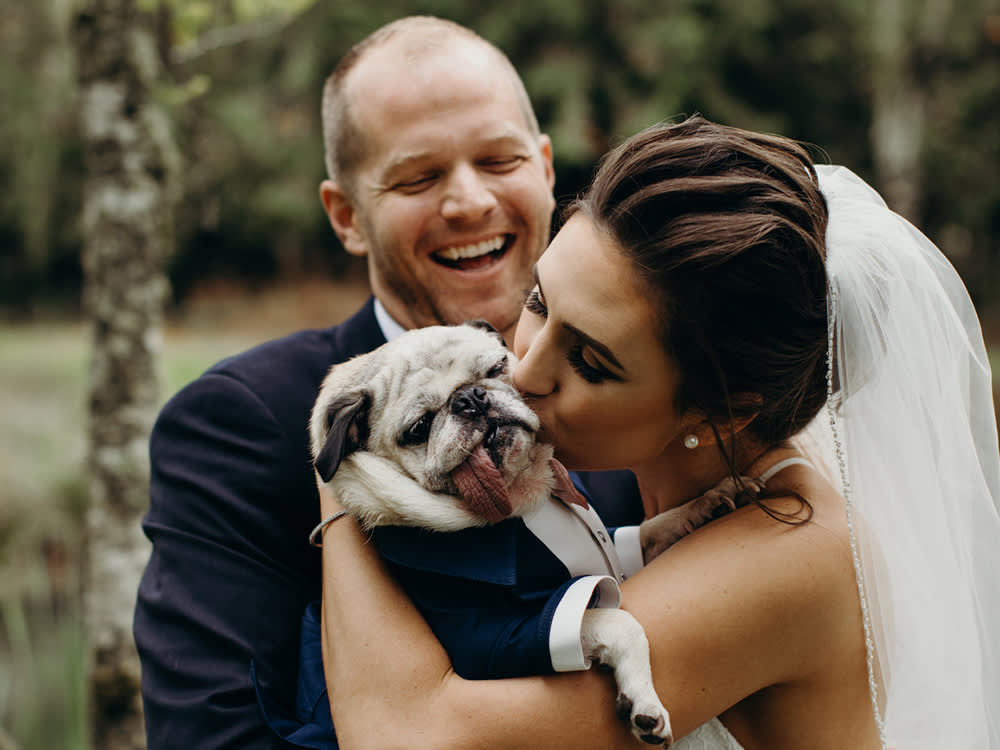
Want Your Dog to be the Witness at Your Wedding? It’s Possible in These 23 States
One lucky pup gives us a first-person account of their experience in this official role.
One lucky pup gives us a first-person account of their experience in this official role.
Shopping
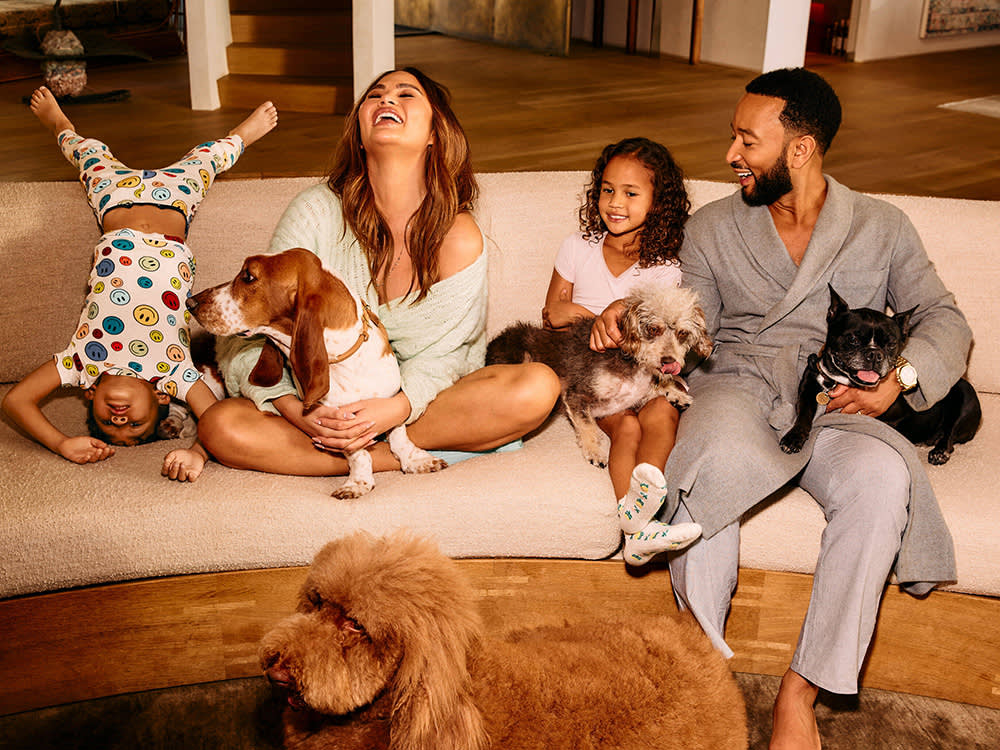
It’s Kismet: John Legend and Chrissy Teigen Launch a Lifestyle Pets Brand
The parents of four dogs put their in-home “focus group” to good use on this collab with the Street Vet.
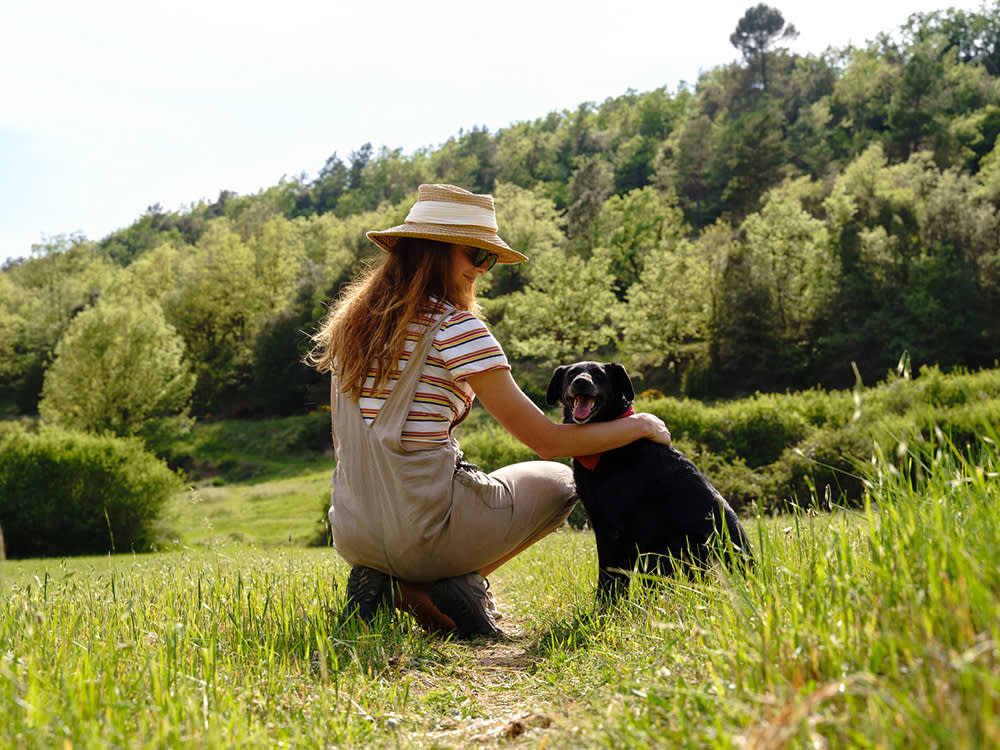
5 of the Best Flea and Tick Preventatives and Treatments for Dogs in 2024
Treatments to ward off transmission this spring and summer.
Treatments to ward off transmission this spring and summer.
Animal Welfare
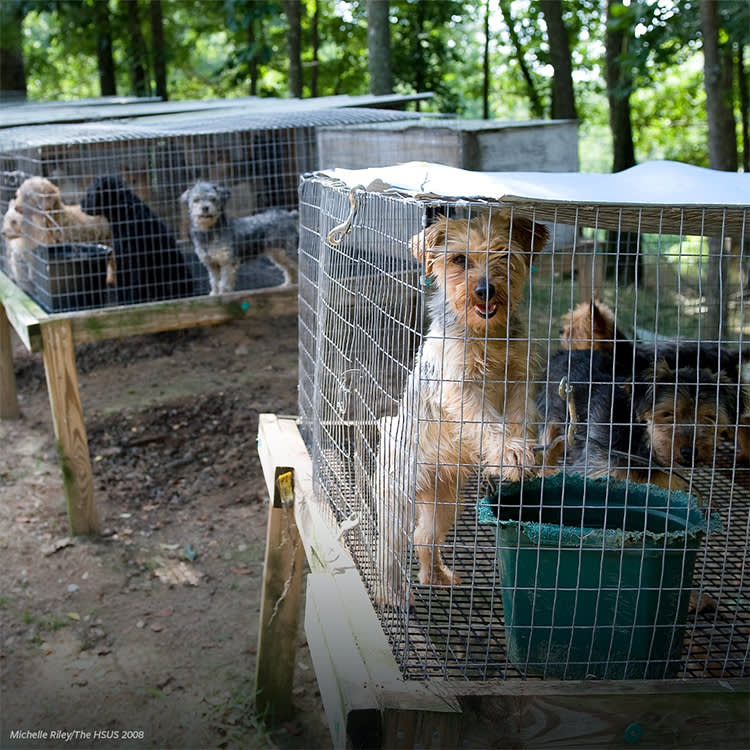
Congress Orders the Department of Veteran Affairs to Stop Testing on Cats and Dogs
Under new legislation, all experiments on dogs, cats, and primates must end by 2026.

Why Kitten Season Is Getting Longer and More Intense Every Year
And what you can do to help.
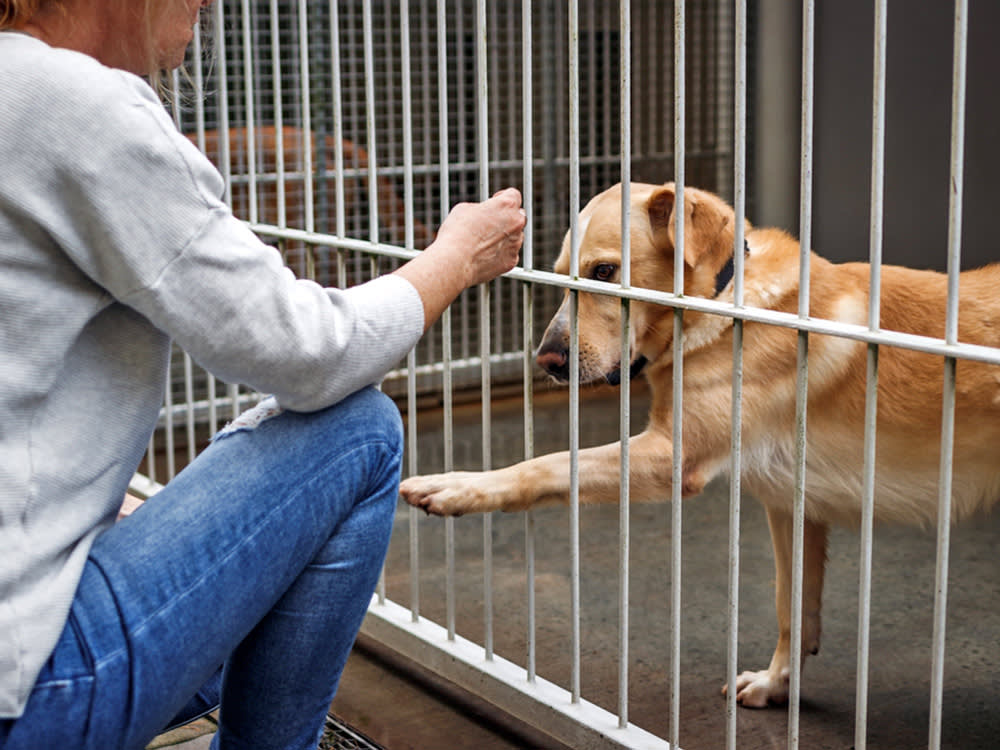
Los Angeles Bans New Breeding Permits Due to Shelter Overcrowding
Local lawmakers think breeding has gotten out of control.
New Dog Training 101
Look, new dogs are cute. But they’re also little alien monsters who have descended to destroy our furniture and our sleep. Still, we love them. Luckily, this program covers all the basics, from potty training to proper socialization—all through positive reinforcement. Time to stock up on treats!
Start Trainingopens in a new tab
Our editors and experts created the ultimate guide to the best products in pet care. Check out the winners—and snag some discounts too.

